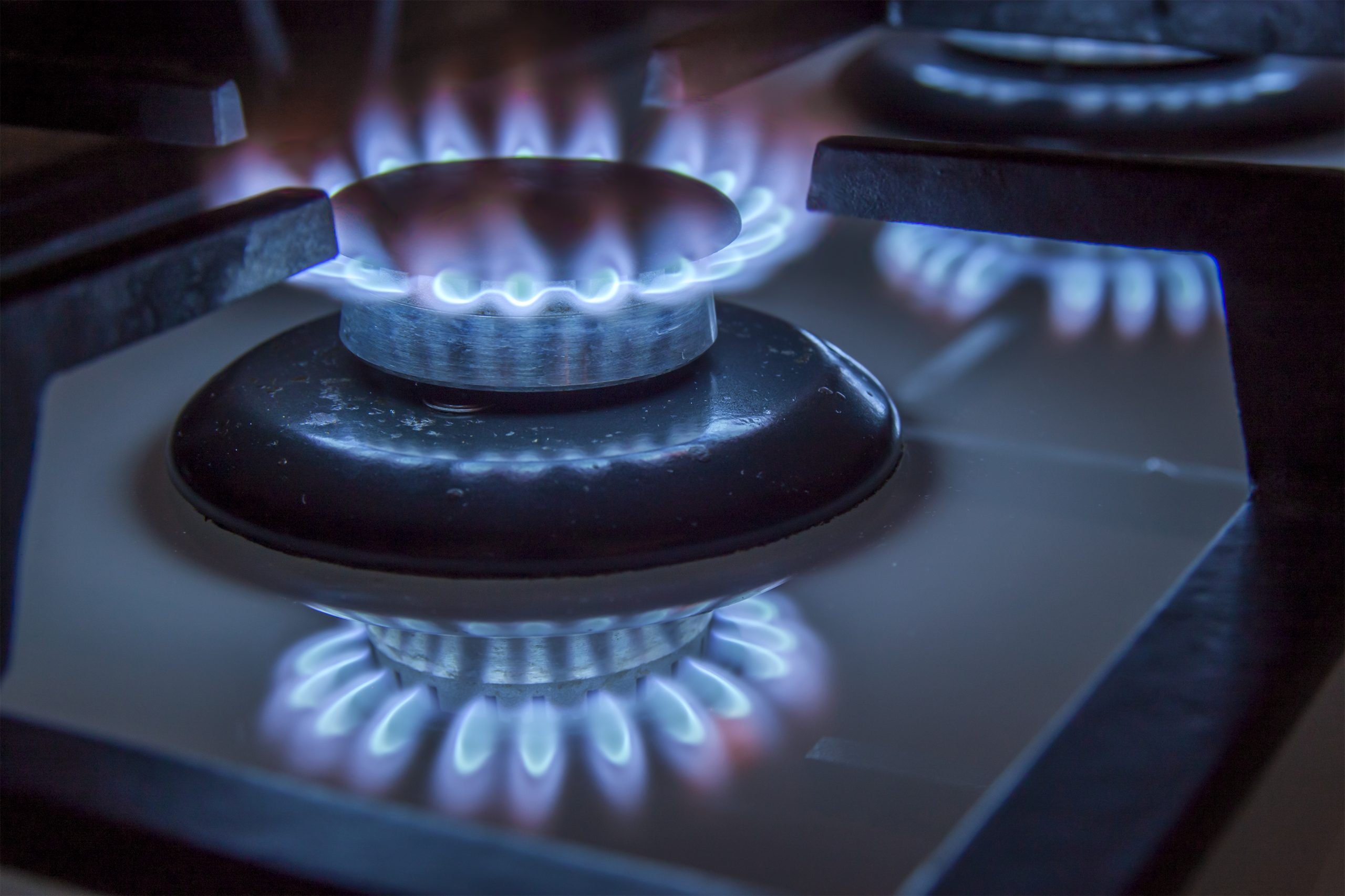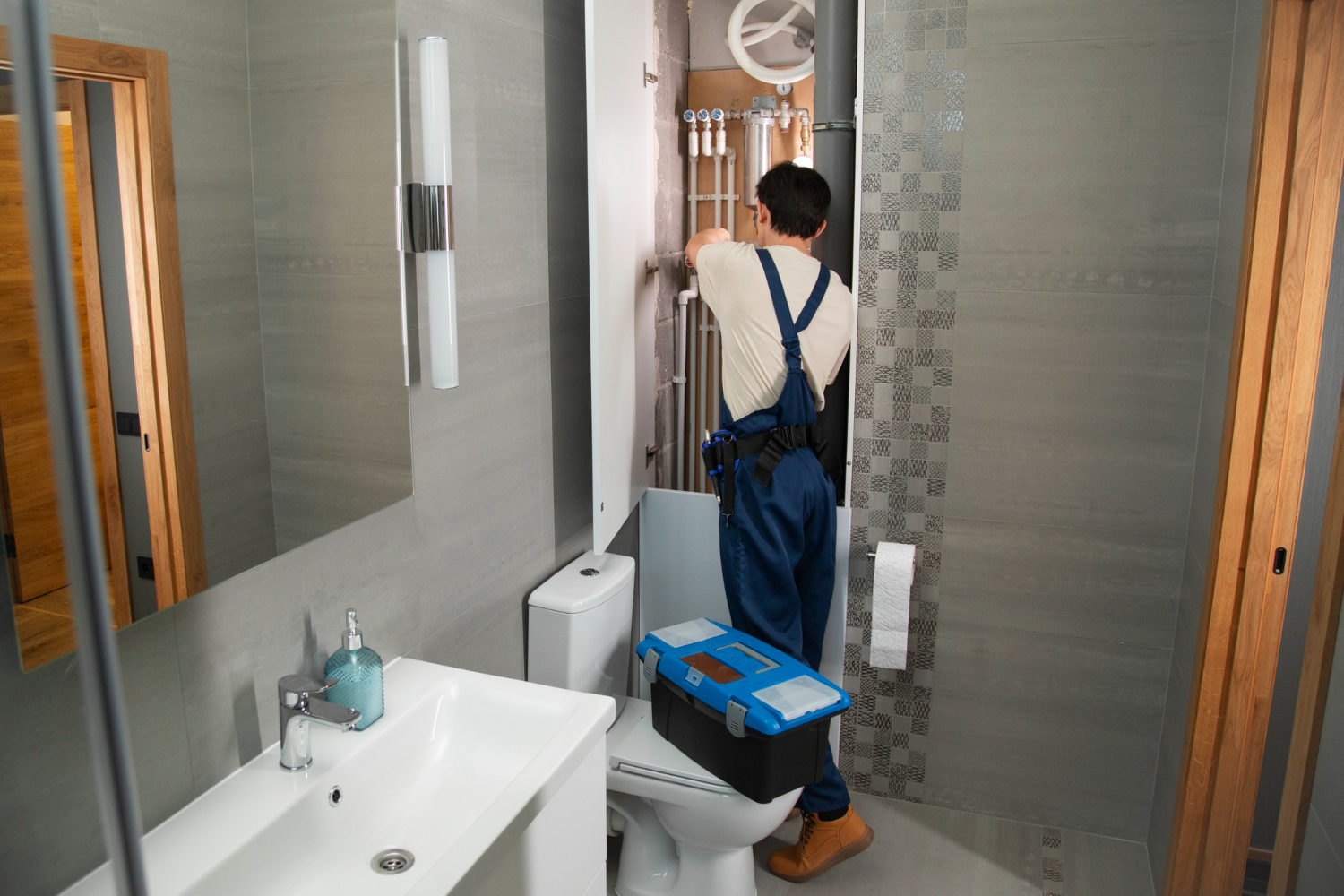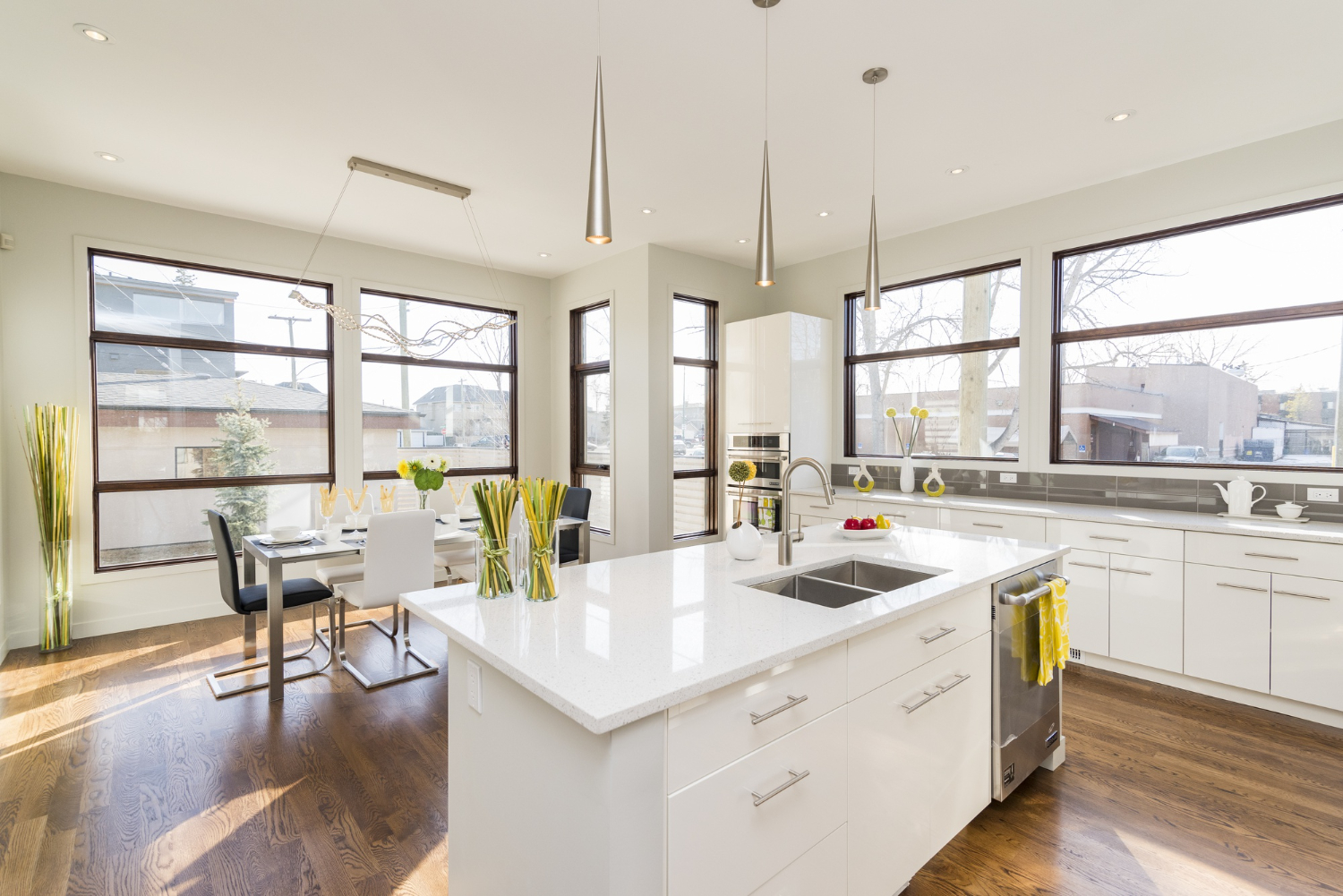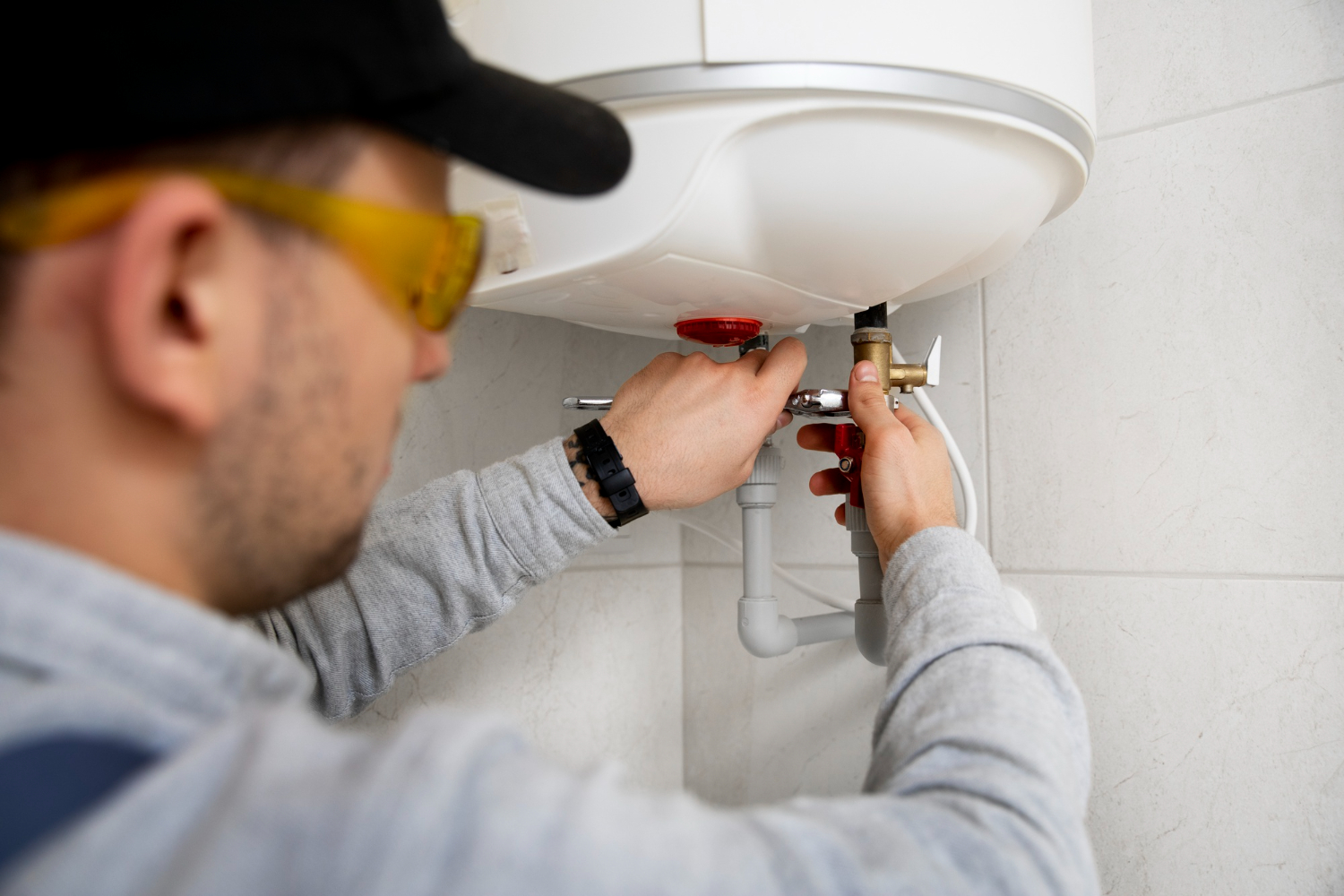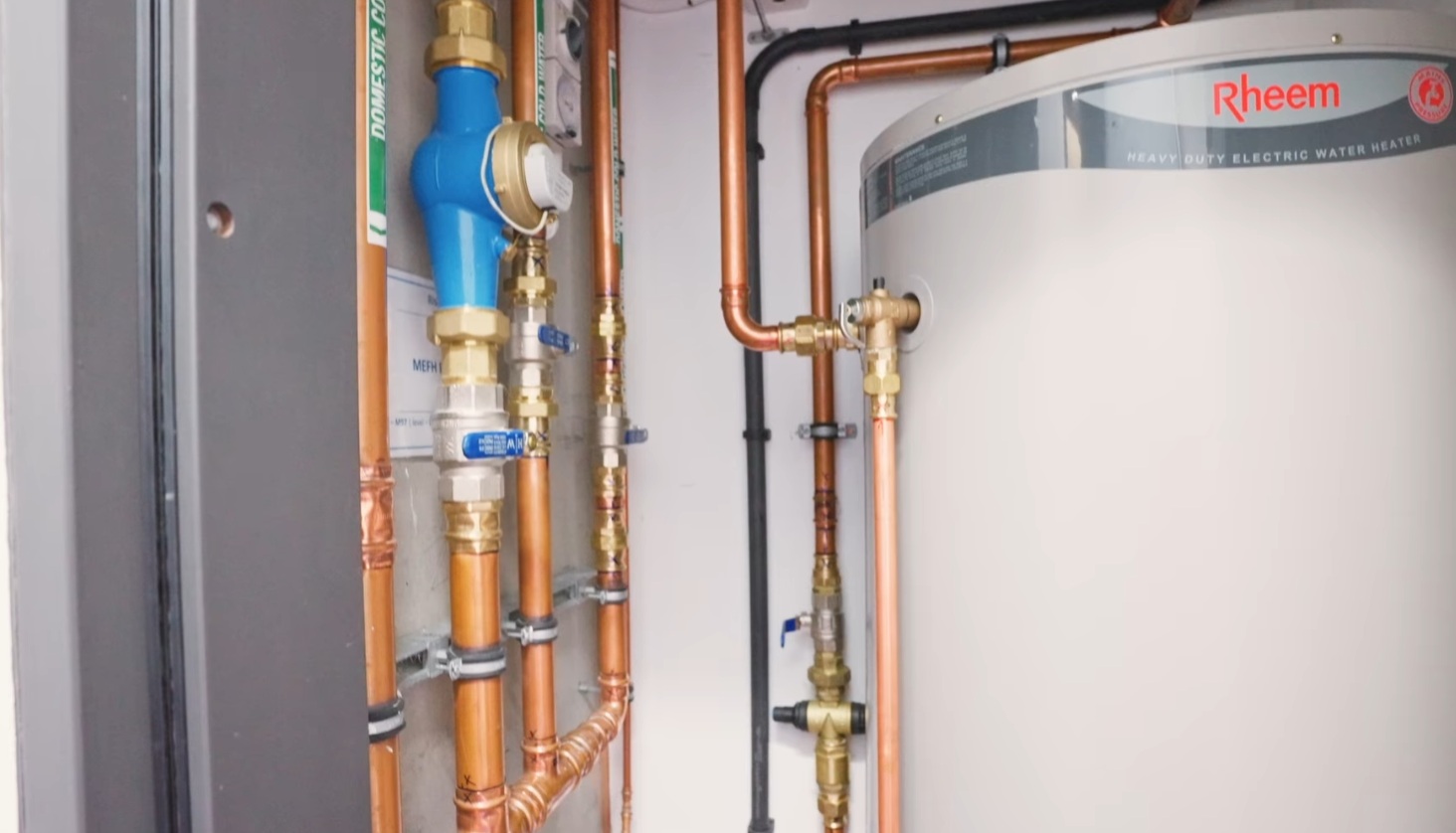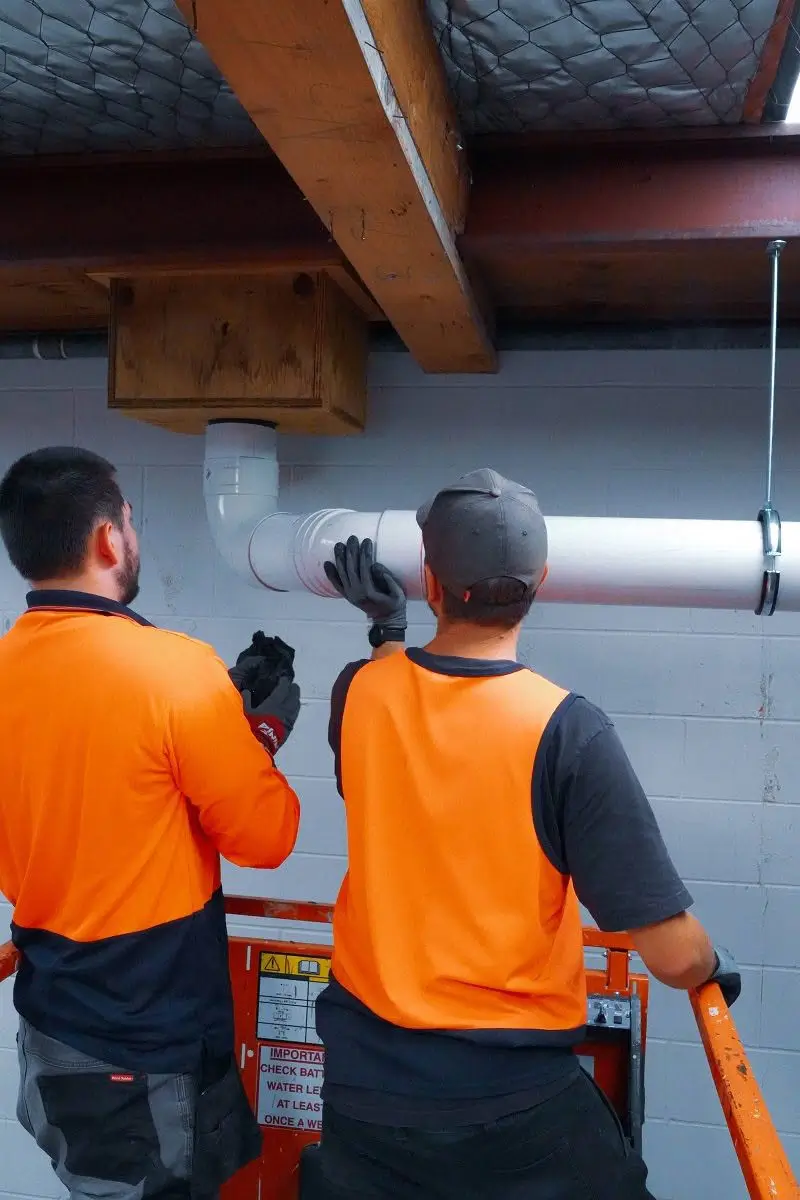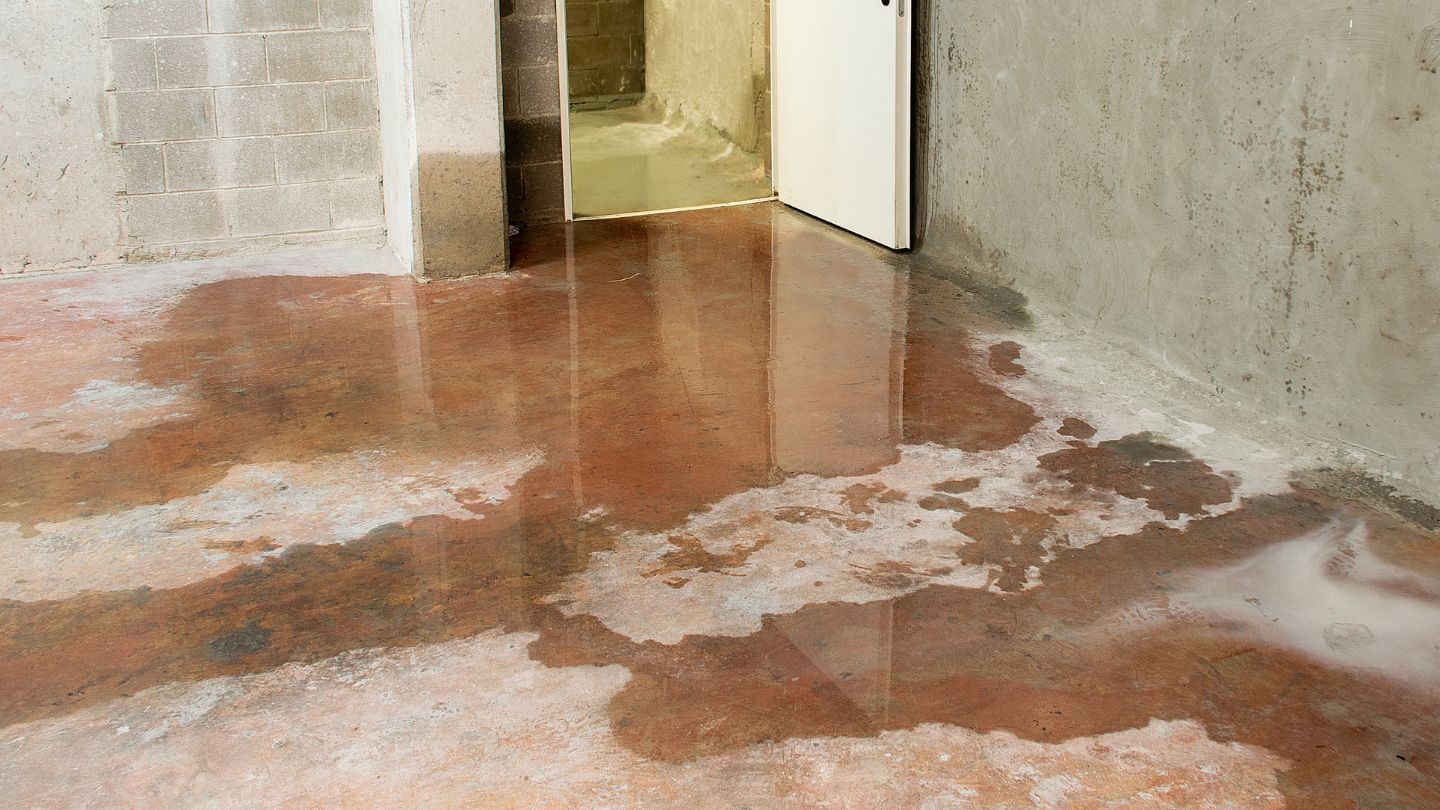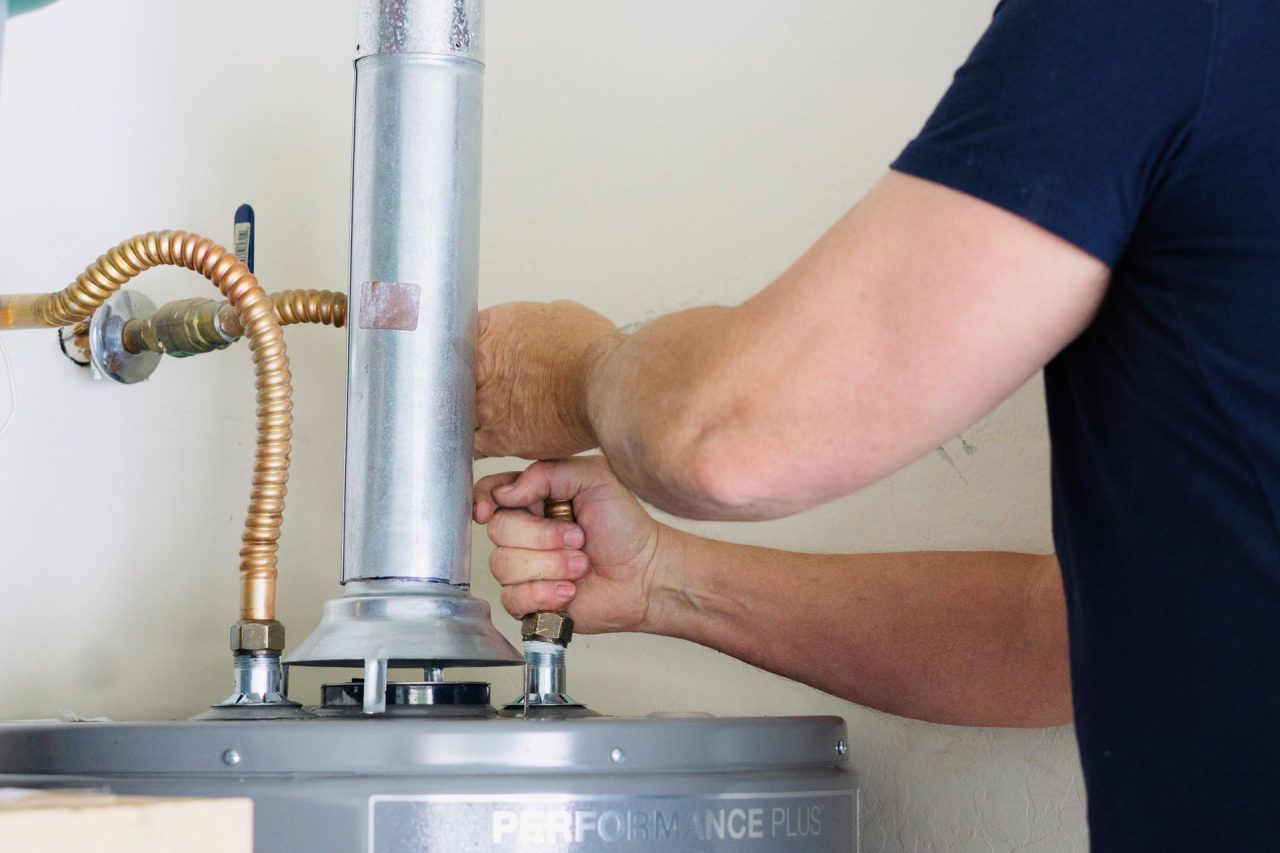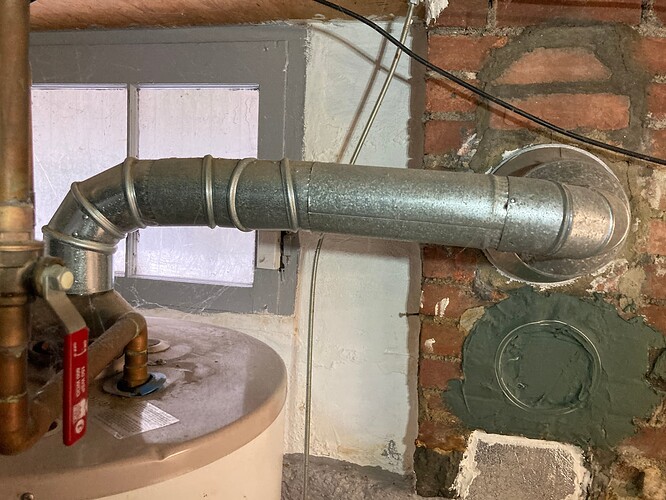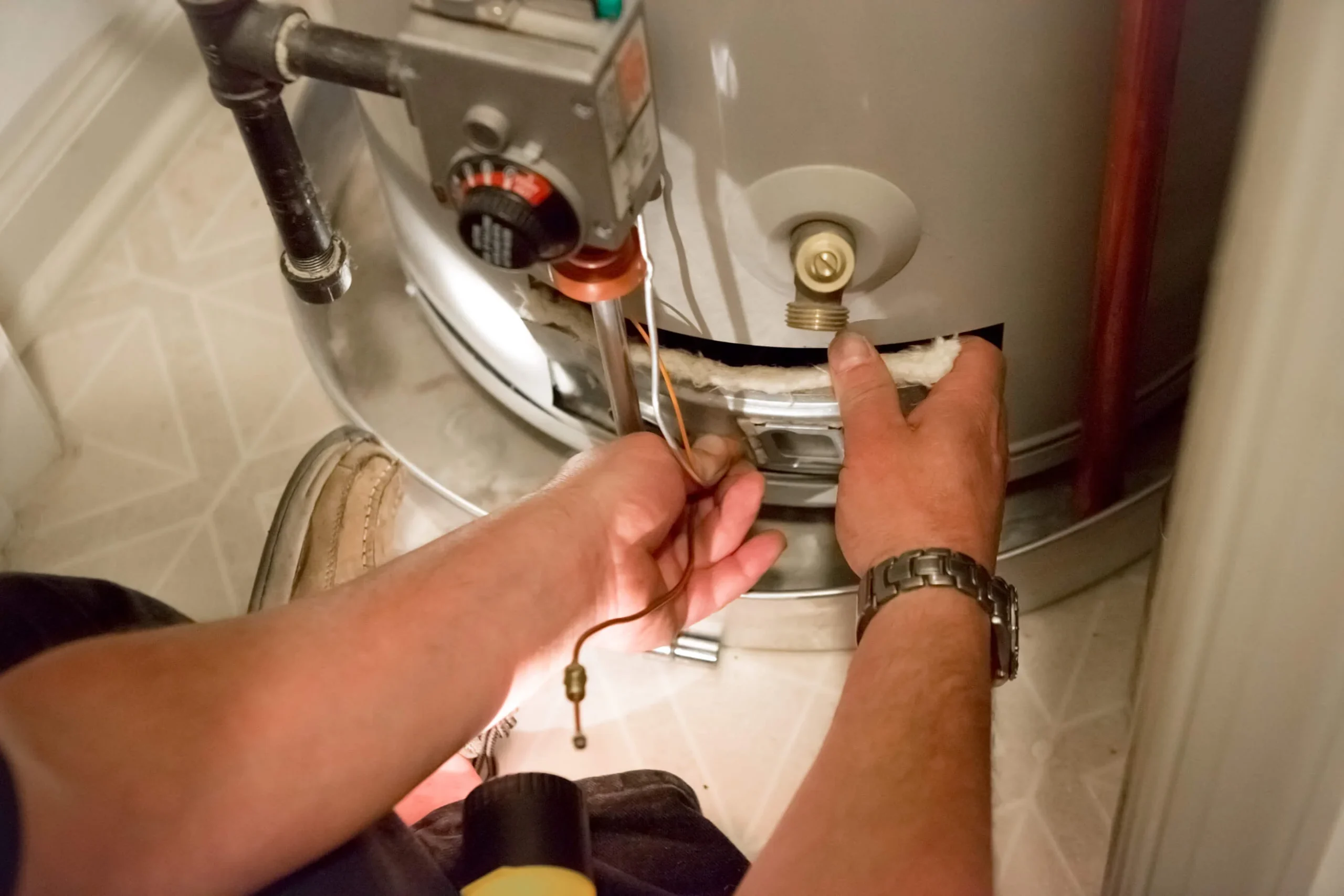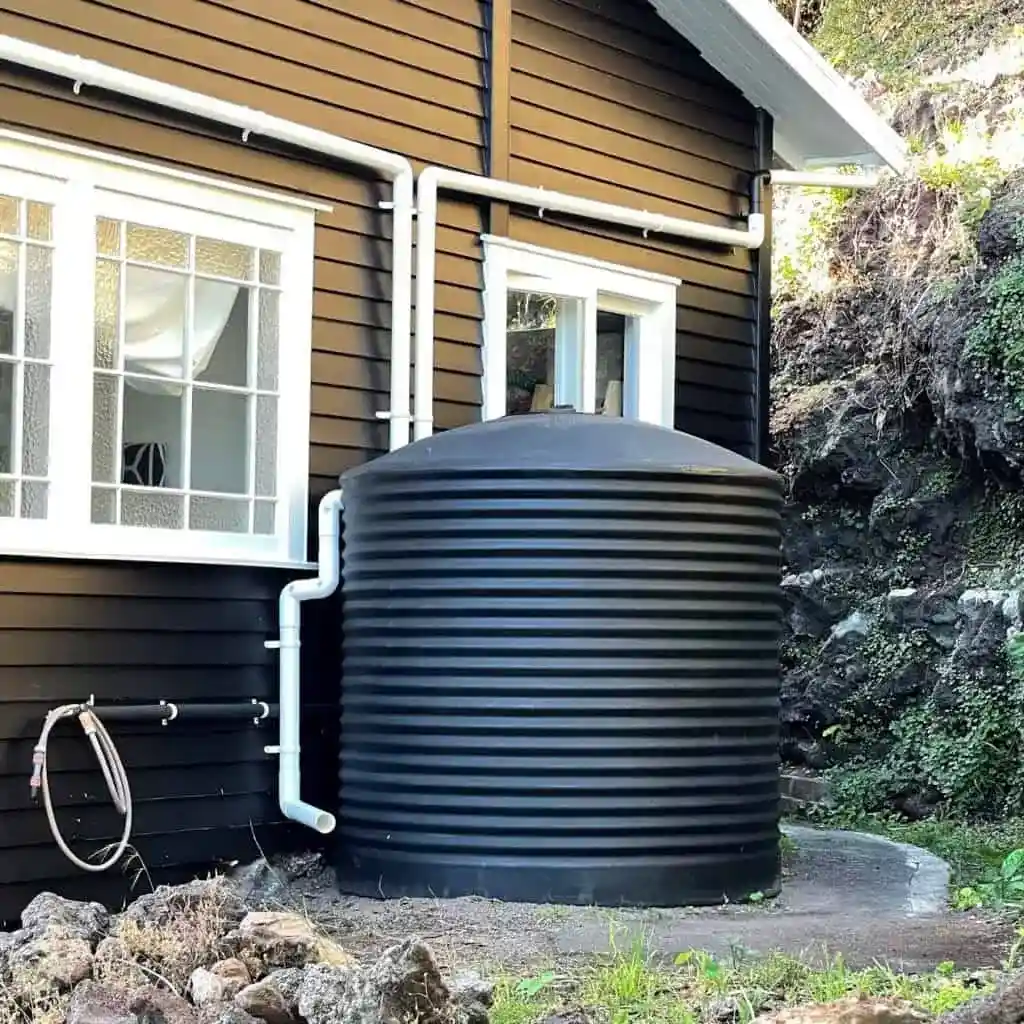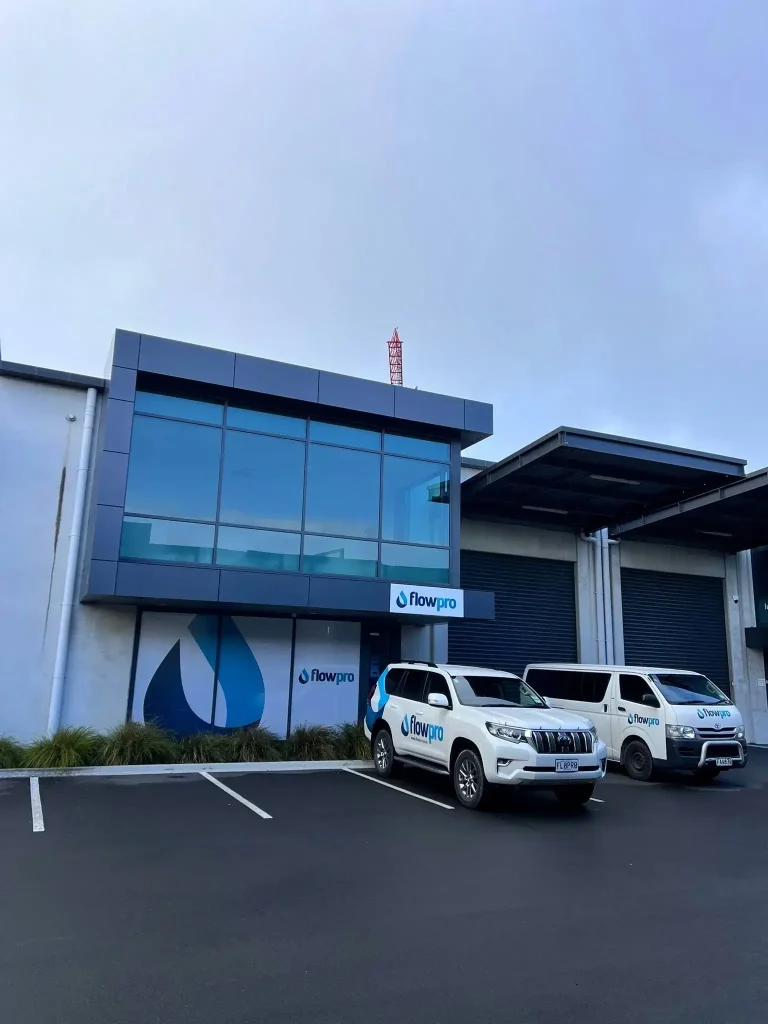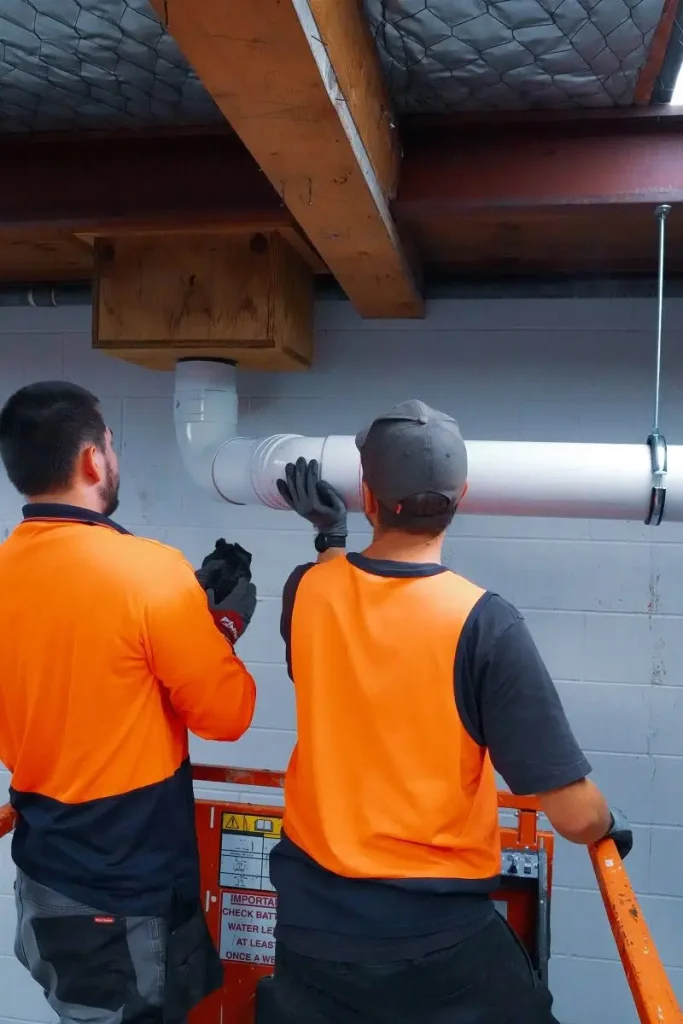Over 70% of homebuyers prefer new homes that rely on natural gas appliances, according to multiple studies. This statistic makes many homeowners ask the same question: does natural gas add value to a home? The short answer is: it often can, but the impact depends on factors like location, local regulations, and the existing energy setup.
Below, you will find a closer look at how natural gas lines and gas appliances may boost a home’s equity, the potential cost savings, the environmental considerations, and the practical steps to take if you are thinking about adding, or switching to, natural gas.
Understand the property value impact
You have likely heard that adding natural gas can push up your home’s overall worth. In many cases, this is because of two key drivers: market demand and the assurance of lower long-term utility costs.
- A survey by the National Association of Home Builders (2010) found that homes featuring natural gas sold for around 6% more on average than those with only electric setups.
- Around 70% of surveyed purchasers favour properties with gas amenities, including gas stoves, heaters, and water heaters.
- In addition, a property with natural gas appliances often sells faster and may receive more competitive offers due to buyer preference.
However, not every scenario guarantees a higher home appraisal. If your current electric heat or appliances are in perfect working order, installing gas lines might not be the magic bullet for a higher resale price. In that situation, buyers might place more value on your home’s size, location, or overall condition rather than the specific fuel type. But if you are looking to boost your home’s marketability, natural gas can offer a definite advantage.
Location matters
Where you live plays a major role in how much value natural gas can add. In colder climates, gas heating can be much more appealing because it often warms rooms faster and keeps you comfortable during power outages. In more temperate areas, buyers may not be as focused on whether the home has gas or electric heat, though many still appreciate the cooking performance and water-heating efficiency that gas offers.
Calculate your cost savings
Beyond potential resale value, there is a strong case for switching to or adding natural gas simply for utility savings. Since gas is generally cheaper than electricity in most regions, you stand to lower your monthly bills when you switch your heating, cooking, or water-heating appliances to gas.
Below is a simple comparison table outlining typical benefits of gas-based vs. electric-based systems:
| Aspect | Natural gas | Electricity |
|---|---|---|
| Upfront equipment cost | Moderate (varies by appliance) | Generally lower initially |
| Monthly running cost | Often lower due to gas rates | Can be higher long term |
| Heating speed | Heats quickly and consistently | Slower and may strain in winter |
| Cooking precision | Immediate heat control | Slower response |
| Works during power outages | Yes, for most gas appliances | No, fully dependent on grid |
Potential caveats
- Installation costs: Laying gas lines on your property can be expensive, and some older homes may require upgrades to meet regulatory codes.
- Restricted upgrades: Once you lay new gas lines, it may limit future building or digging on certain parts of the property.
- Consistent maintenance: Gas appliances need periodic checks to ensure safe connections.
Even with these considerations, many homeowners find that the monthly cost savings and the improved comfort more than justify the up-front investment in gas service.
Consider environmental and legal factors
In many places, gas remains a popular and cost-effective choice, but attitudes toward fossil fuels can vary. It is wise to note potential changes in policy before committing to a large renovation project.
- Regulatory shifts: With growing decarbonisation efforts, some regions may introduce tighter controls or additional taxes on gas use.
Even with these ongoing debates, natural gas remains widely used and can be seen as a dependable option for heating, cooking, and hot water. The best approach is to stay informed about local rules or guidelines so you can adapt accordingly.
Plan your natural gas conversion
If you want to upgrade your existing system and install gas lines, or if you are looking to replace your electric water heater with a gas option, having a clear roadmap saves you time and money. Here are the main steps.
- Check local regulations
- Contact your council or local authorities to see which permits and compliance certificates are required. If you upgrade to a gas water heater, read about gas hot water heater installation requirements.
- Survey your existing setup
- Determine which appliances are prime candidates for conversion. Typical examples include water heaters, stoves and ovens, clothes dryers, and central heating.
- Gather quotes
- Getting quotes from qualified gasfitters gives you a good baseline. If you are curious about the expense, see how much does gas fitting cost in auckland. Costs vary based on complexity, pipe length, and current infrastructure.
- Secure compliance
- After installation, you may be required to get a gas certificate of compliance from a registered professional. You can find more details in what is a gas certificate of compliance and when do i need one?.
- Select the right appliances
- Compare brands, efficiency ratings, and performance features. For instance, if you want to install a gas range, check the gas stove installation requirements.
- Final inspection
- Have a trained professional check the new lines and test all gas appliances. Ongoing yearly check-ups by a gasfitter give you long-term peace of mind.
Estimating overall conversion costs
If your property already has a gas line, the main expenses may include only the appliances and minor piping work. However, homes without an existing connection will need more extensive labour. You might also want to look at the cost of installing gas hot water system if you are replacing an older electric version.
Wrap-up and next step
Natural gas can boost your property’s marketability, deliver significant cost savings on energy bills, and provide reliable heating even when the power is down. Before diving in, weigh the initial cost, potential environmental factors, and local regulations. When done properly, installing or upgrading to a gas system can be a smart investment.
Good news: If you are ready to explore the next steps, you do not have to embark on the process alone. FlowPro Plumbers and Gasfitters provides professional guidance on everything from initial assessments to full gas conversions to help you make the right choice for your home. Feel free to reach out to their team, schedule a consultation, and get a clearer picture of how gas can improve your comfort and peace of mind for years to come.
Frequently asked questions
- Do I need to replace my existing electric heater if it still works?
You can keep your current setup if it is running well, especially if the upfront cost of gas installation does not justify the savings. However, if you want a faster, more cost-efficient heat source, installing a gas system could be beneficial in the long run. - Are gas appliances safe to use?
Modern gas equipment is generally safe when installed by licensed professionals and inspected regularly. Proper installation, adequate ventilation, and yearly maintenance checks help keep your home safe and protect against gas leaks. - Should I consider the environment before installing gas?
Absolutely. While natural gas is cleaner than some other fossil fuels, it still has an environmental impact because of methane emissions. Keep an eye on local regulations and long-term sustainability goals when choosing your home’s energy source. - Do I need special permits and certificates when adding gas lines?
Yes, most regions require you to obtain permits before upgrading or installing any gas line or appliance. You also need a gas certificate of compliance to verify the work has been done correctly and meets safety standards.
If you are still unsure whether natural gas is right for you, gathering expert advice never hurts. By weighing cost savings, resale value, and low maintenance, you can make a confident decision that leaves your home more comfortable and potentially more marketable.
